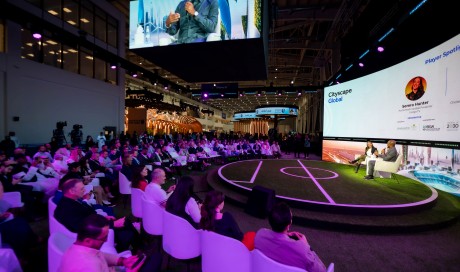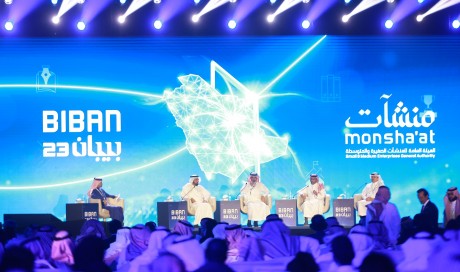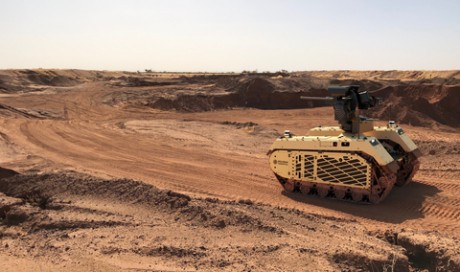Iran’s actions amount to a “declaration of war,” the Saudi foreign minister warned on Wednesday, after two ballistic missiles were fired toward Riyadh by Tehran-backed Houthi militias.
Adel Al-Jubeir, speaking to CNN, said Saudi Arabia would seek to develop its own nuclear weapons capacity should Iran do the same.
He was speaking the day after US President Donald Trump pulled out of a 2015 deal that seeks to curtail Iran’s nuclear weapons program. Saudi Arabia, the UAE and Bahrain praised the decision to reimpose sanctions on Tehran.
Asked whether Saudi Arabia would “build a bomb itself” if Iran resumes its nuclear weapons program, Al-Jubeir said: “If Iran acquires nuclear capability we will do everything we can to do the same.”
Two ballistic missiles were fired at the Saudi capital Riyadh on Wednesday, according to the coalition battling Houthis in neighboring Yemen, which claimed the attempted attack.
“These missiles are Iranian manufactured and delivered to the Houthis. Such behavior is unacceptable. It violates UN Resolutions with regards to ballistic missiles. And the Iranians must be held accountable for this,” Al-Jubeir told CNN.
“We will find the right way and at the right time to respond to this … We are trying to avoid at all costs direct military action with Iran, but Iran’s behavior such as this cannot continue. This amounts to a declaration of war.”
Iran witnessed public protests around the New Year, with some angered by the country’s financial support for foreign groups such as Hezbollah in Lebanon, amid economic problems at home.
Dr. Majid Rafizadeh, a Harvard-educated Iranian-American political scientist, said that the reimposition of sanctions on Iran would likely make it more challenging for Iran to “hemorrhage billions of dollars” on proxies like Hezbollah and the Houthis.
But he added that supporting such groups would remain a priority for Iran. “Even before the nuclear deal when the Iran regime was crippled with multilateral and unilateral economic sanctions, Tehran still continued to support militias, proxies and terrorist groups,” Rafizadeh told Arab News.
“The Iranian regime will more likely cut social welfare on its own citizens in order to afford supporting its proxies.”
Phillip Smyth, Soref fellow at The Washington Institute, said the Iranian Revolutionary Guard Corps and Quds Force have “secure sources” of funding. “If it appears (as has happened) that Iranians are not getting anything beneficial through the government, while the government continues its overseas/regional adventures, it certainly does not bode well for the government in Tehran,” he told Arab News.
Share This Post















